Whitney Houston's sexuality has long been a topic of rumor and considerable debate, thanks in large part to the very close relationship she had with childhood friend turned assistant Robyn Crawford. In a 1999 Out cover story, Whitney addressed those rumors, saying, "Listen, I took a lot of grief for shit that wasn't me, OK, 'cause I had friends, 'cause I was close to people. But that ain't me. I know what I am. I'm a mother. I'm a woman. I'm heterosexual. Period."
Can I Be Me--Nick Broomfield and Rudi Dolezal's new documentary currently playing on Showtime--revisits those rumors, while painting the pop star, aptly christened "The Voice," in a new light: that of victim. A victim of fame, a victim of her own mistakes, a victim of an industry that whitewashed her in the beginning of her career, a victim of a sprawling entourage that may not have had her best interests at heart, and a victim of a family that may have suppressed her truth.
During an infamous 2013 interview with Cissy Houston, Oprah, herself no stranger to lesbian rumors, asked the Houston matron if she would have been bothered if her daughter was a lesbian. "Absolutely," she responded without hesitation. According to some Whitney acquaintances, Cissy's disapproval fueled the late singer's angst and anguish.
"It's interesting: you have this family riddled with drugs and yet homosexuality is what you focus on," says friend and writer Allison Samuels in Can I Be Me. "But that fierce religion that I think Cissy had was very important to her because there were people talking in the church; she's an elder in the church, she's a trustee in the church, and your daughter is a homosexual."
Yet in the same Out interview, Whitney lauds her mother's treatment of gay fans, while also claiming that Cissy taught her to never be "ashamed" of who she was.
"If I was gay, I would be proud to tell you, 'cause I ain't that kind of girl to say, 'Naw, that ain't me,'" Whitney said at the time. "The thing that hurt me the most was that they tried to pin something on me that I was not. My mother raised me to never, ever be ashamed of what I am. But I'm not a lesbian, darling. I'm not [laughs]."
The rumors surrounding Whitney and Robyn and Oprah and her BFF Gayle King, to me, always smacked of an insinuation that powerful black women are incapable of having close, platonic female friendships. But while I admittedly also found in those rumors a source of comedy or intrigue, I (and many others) sought a hint of truth buried therein.
"I don't think that [Whitney] was gay, I think she was bisexual," says friend and stylist Ellin Lavar in the doc. "If you loved her, and she loved you, it's possible for her to get into a physical relationship, because Whitney loved to be held and embraced and she wanted to feel protected."
Though Rudi Dolezal demures to speak directly on Whitney's sexuality--"I always saw my role as a director, not an intruder. I was not present in Whitney's bedroom so that's none of my business."--he speaks glowingly of Crawford, who provided him with exclusive footage of Whitney's 1999 tour.
"Robyn lives a different life today and everybody should respect this," Dolezal tells Out. "I have great respect for Robyn, she is a very creative and special person and she lives a completely different life today."
According to Can I Be Me, that life involves twins with her partner Lisa. But whether Whitney was gay, or bisexual, or whatever, it doesn't really matter because she's no longer here. She gave us her wondrous gift, which thankfully lives on. Everything else--the drug use, the tabloids, her quest for authenticity--can and should be laid to rest, in hopes that she's found in death what eluded her in life: peace.
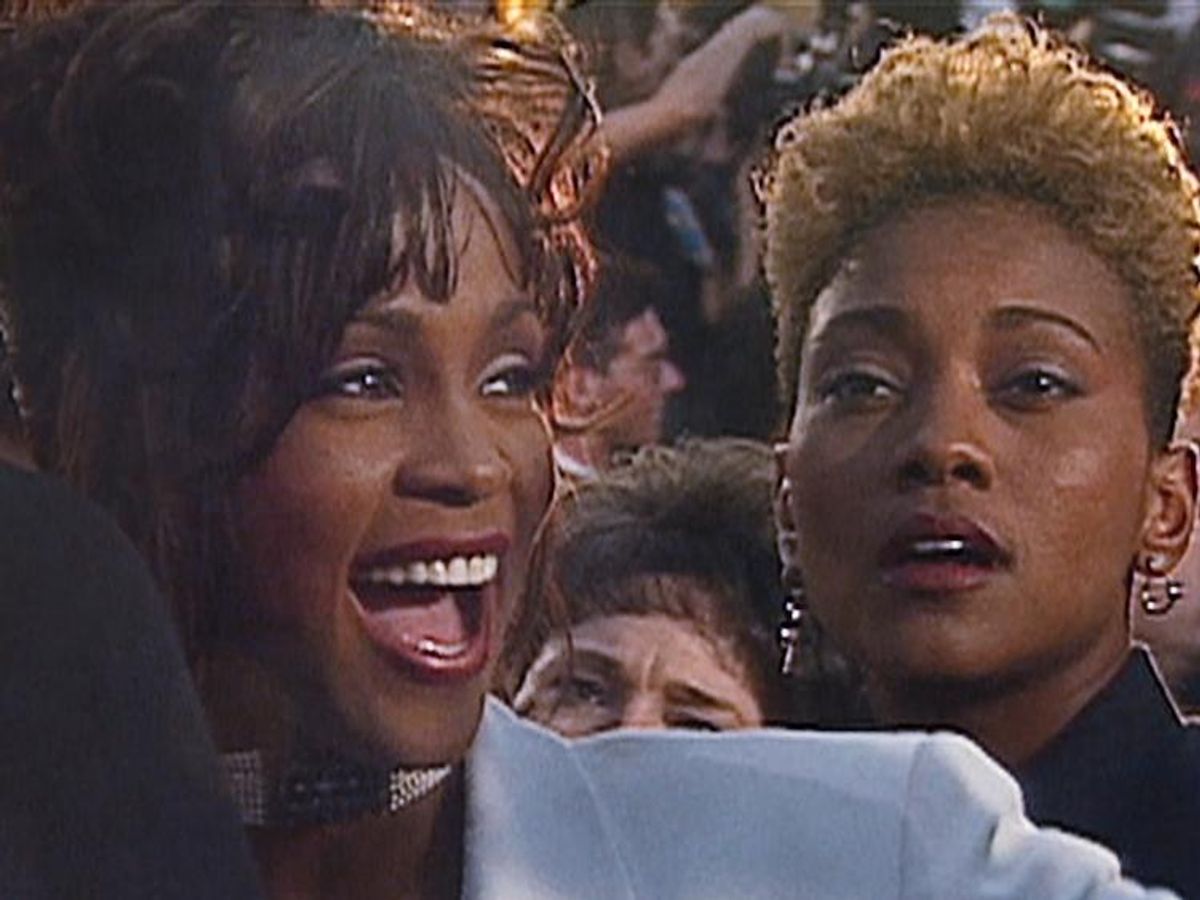



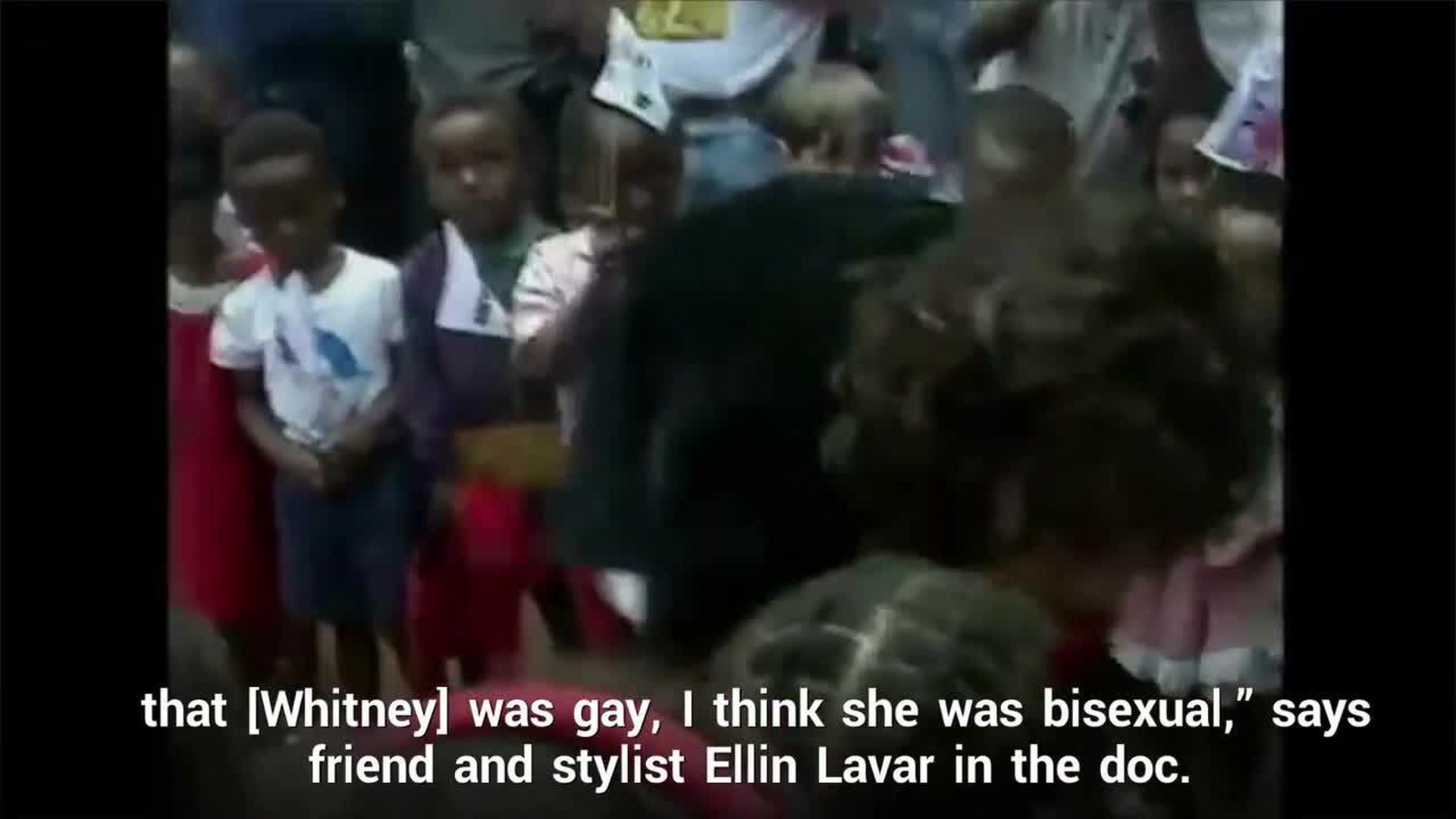





















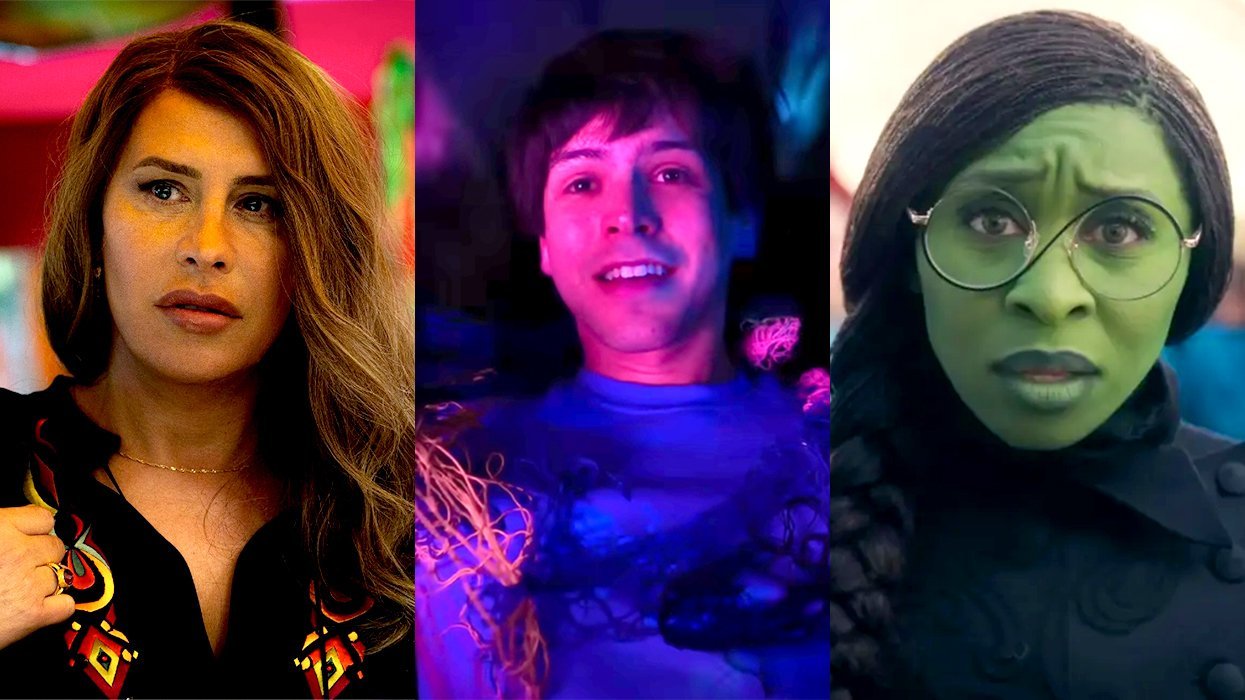
















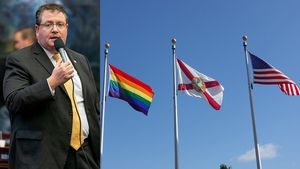











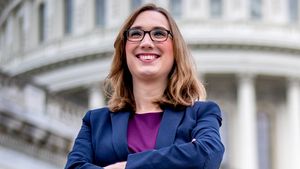
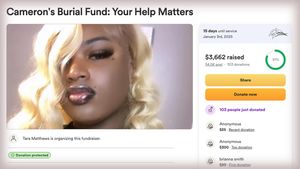










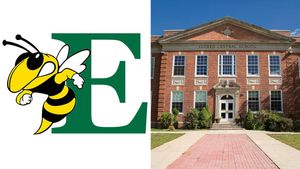


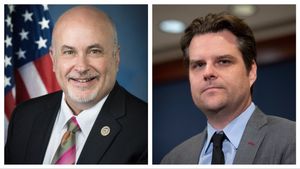
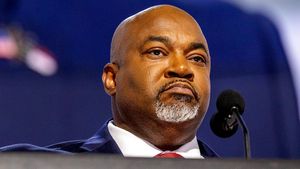











Sexy MAGA: Viral post saying Republicans 'have two daddies now' gets a rise from the right